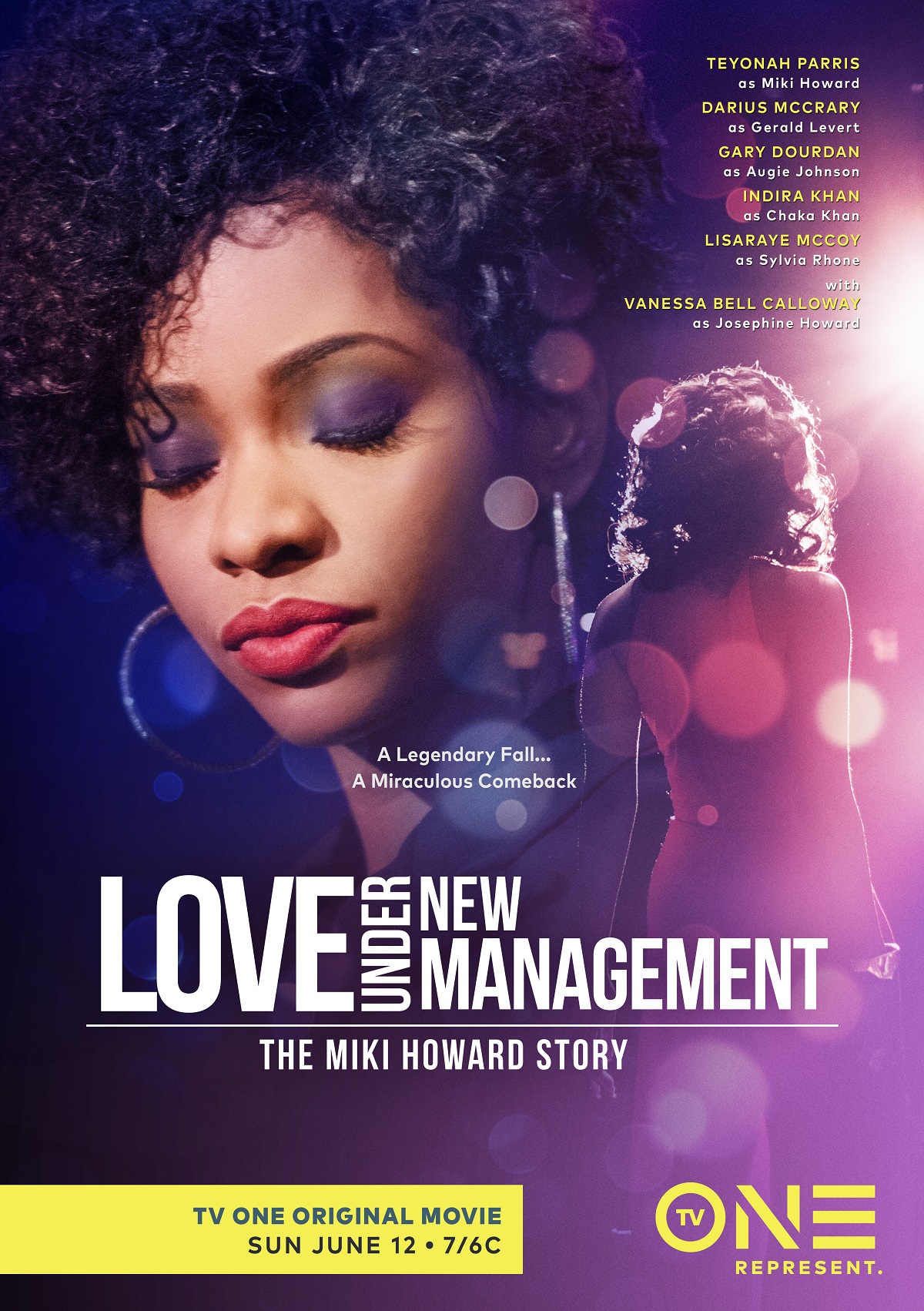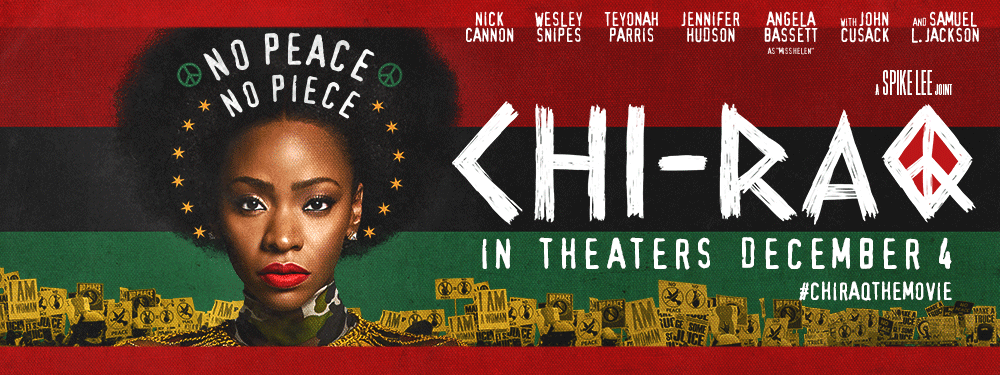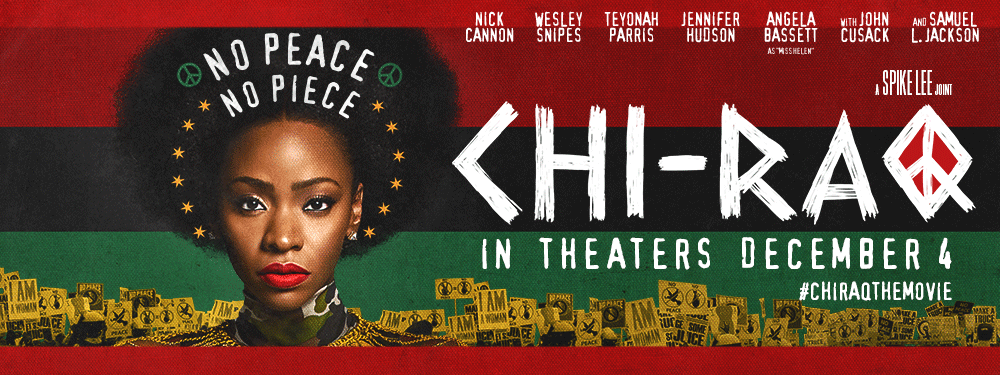 It’s rare for a series to be able to tackle hard-hitting issues such as colorism and class disparities in thirty-minute segments. However, Starz’s “Survivor’s Remorse”, which is led by showrunner Mike O’Malley and produced by LeBron James, hits the nail on the head every week. The series follows NBA star Cam Calloway’s (Jessie T. Usher) life off the court as he juggles his Boston bred family, his newfound fame and his massive fortune. The first two seasons had some pretty thought-provoking story lines, including the Calloway matriarch’s (Tichina Arnold) vaginal rejuvenation and Cam’s sister-in-law Missy’s (Teyonah Parris) decision to do the big chop and wear her hair natural.
It’s rare for a series to be able to tackle hard-hitting issues such as colorism and class disparities in thirty-minute segments. However, Starz’s “Survivor’s Remorse”, which is led by showrunner Mike O’Malley and produced by LeBron James, hits the nail on the head every week. The series follows NBA star Cam Calloway’s (Jessie T. Usher) life off the court as he juggles his Boston bred family, his newfound fame and his massive fortune. The first two seasons had some pretty thought-provoking story lines, including the Calloway matriarch’s (Tichina Arnold) vaginal rejuvenation and Cam’s sister-in-law Missy’s (Teyonah Parris) decision to do the big chop and wear her hair natural.
The season two finale left audiences and the Calloways reeling from Uncle Julius’ (Mike Epps) possibly fatal car accident. Ahead of the season three premiere this Sunday June 24th, I sat down with showrunner and writer Mike O’Malley, Jessie T. Usher, Erica Ash, Teyonah Parris, RonReaco Lee and Tichina Arnold. We chatted about where “Survivor’s Remorse” is headed, their characters’ evolutions, and how #BlackLivesMatter has personally affected them all.
Taking On “Survivor’s Remorse”
Mike O’Malley: I’m really just a ham and egger. I’m just a guy out there looking for work just like everybody else. I’m a character actor and I’m a writer. When LeBron James, Maverick Carter and Tom Werner call up and say, “Would you be interested in working with us?” I’m like “Yeah for sure.” So, I’m going to be fifty this year, and I’ve been in this business for a long time. One of the things that I’ve realized is, if you associate yourself with winners and with people who can help raise the profile of a project above the fray, you have a better shot of your hard work being seen by people, which ultimately is what you want. I was looking at this time in my life for a great collaboration, and to be supported and encouraged and also enhance that writing experience with people who have real depth and knowledge about the work that I was writing about. Essentially when you just go to the building blocks of human behavior, that’s where universality comes into play. We have a great writing staff who talks specifically about things. The actors also have a big part in talking to me about how they think some things might be said or portrayed, and it’s a real collaborative effort. We had a big story-line in season two about Missy’s hair. I haven’t thought about a haircut in fifty years. I don’t know anything about that. But, when you have actors and Tracy Oliver who really talked about the fact that when you’re a Black woman and you move to a new town, the first thing you have to figure out is where you’re getting your hair done. Erica Ash and Teyonah Parris were also talking about how important that is to them. I am fully aware that I am just completely oblivious to that, but that doesn’t mean it isn’t a great story and that we can’t put a writer on it and say, what are the stakes here, what does this mean to people?
On The Importance Of “Survivor’s Remorse”
MO: I think if you’re interested in stories about how we live now, and if you’re interested in stories about characters and how people are striving to be better people, then “Survivor’s Remorse” will mean something to you. It’s a show about how our humanity gets in the way, and often times trips us and leads us to make mistakes in our own individual lives; how we make mistakes in relationships, how we make mistakes in what we say, and the choices we make. It’s about how we love and criticize in the wrong way. Or, we choose relationships that take us away from happiness. So I think what I find interesting about working on the show is that it reminds me of the purpose of storytelling.
On Incorporating Current Events
MO: One of the things we found with the show is that it’s very hard nowadays for a famous athlete in Cam’s situation, to not be alert to what is going on in the real world. So, it is our choice to root these characters in the real world, and not have them oblivious as to what’s going on in life. One of the funny things about comedy is that even when dark things happen, you make a joke because what else can you do?
Getting To Season Three
MO: It is a miracle. As an actor I’ve been on like three shows that were canceled after two episodes. (Laughing) The unifying element on that was me. Starz is a very brave network! You’ll see this season and you’ll think, I can’t believe they said, “Yes, go do that.” This year was very much about what is not being talked about on other shows. It was about what can’t you have on broadcast television or on a sitcom that you’d be restricted by. So this show has just been a gift to me to work on and to learn and to just be surrounded by these actors who are just bursting with talent, and to finally have the opportunity to make it manifest. Writers from the first and second season, they’ve gone on and are now working on other shows, and they constantly want my actors on other shows and I’m like, “No! They’re working on this show; we have this season. Don’t take them away please.” That’s the whole thing about diversity in television and in films is that people are like, “I don’t see enough stories about people who look like me and are about people like me.”
Where “Survivor’s Remorse” Is Headed
MO: Well, I don’t know how the story’s going to end because I want it to go for a long long time. (Laughing) I’ve got three kids to put through college…hopefully. The cast is so talented and their range is so wide so they can play comedy and then they can do drama and have depth, and they can go to those things quickly; they can turn on a dime. That includes the new series regulars this year, Chris Bauer who plays Jimmy Flaherty and Robert Wu who plays Da Chen Bao. We have seven actors on the show who are series regulars and can do anything. So, it’s an embarrassment of riches. It’s been a real gift to me. And then just being around these actors, it’s just been amazing.
On Matriarch Cassie Calloway
Tichina Arnold: Cassie, as with any single mother busting their ass to just keep their head above water; when you finally get money, fame or glory and you see your son’s dreams playing out; it’s scary. So sometimes you make certain decisions that your probably shouldn’t make. Or, you react in certain ways that you probably shouldn’t react. But with Cassie, I always try and make sure that I keep her authentic. Out of all of the characters on “Survivor’s Remorse”, Cassie is the only character that is not trying to find herself. She knows who she is. But, there is that underlying core which I’m sure everyone who has a mother can understand, there is a lot of shit your mother won’t tell you. You might have never even seen your mother cry. I asked my daughter the other day. “Have you ever seen me cry?” She was like, “No, I’ve never seen you cry mom.” My daughter is twelve now so I was like, “Whoa.” As a parent, you naturally have defense mechanisms of protection, and you naturally have a mechanism of coping and dealing with life. I never want to lose that with Cassie. When Mike O’Malley gave me the line, “You punched the money!” last season, I would never verbalize that. I would think it, but Cassie is that type of person to say it. That is the difference between me and Cassie. Her life is very synonymous with mine even though they’v got millions and I don’t (laughing). That’s the only difference. I wish I had it, but I don’t! (Laughing)
On Cassie’s Evolution
TA: With this season you’re going to see Cassie a little more vulnerable because of her brother Uncle Julius getting in the car accident. I can’t say what happens with him, but you’re going to deal with the fallout. Sometimes when death and travesties happen in a person ‘s life, it forces that person to look at themselves. It forces that person to look at their present reality outside of the fame, fortune, money and glory. I think Cassie in this season is forced to go back to the basics. She’s also forced to deal with her past. She drops a fucking bomb about something that happened to her in her past. Obviously, the things that happen affect us all in our lives regardless of whether or not we believe it. Whatever happened to Cassie, it affected her, and it affected her relationship with her daughter Mary Charles. It affected her relationship with people and it affected her relationship with love. We get deeper into each character this season, and you find out more as to why they tick. With Cassie this year, when I play her, I try to picture in my brain all of the Black women out there who are watching her.
On Reggie’s Evolution
RonReaco Lee: I think this third season for Reggie, his focus really gears towards Cam this year, as opposed to trying to branch out. He certainly wants to continue to build that legacy. Reggie struggled a little bit in the first two seasons. In season one he kind of screwed up the Da Chen Bao deal, and in the second season there was the whole Jupiter debatable. So this third season is really about negotiating the contract; getting Cam everything that he can get for him. Reggie has to learn and make mistakes. Now the trust is there a bit more and they still deal with some trust issues as it pertains to Cam trusting Reggie to really be his manager and we will see that this season.
Continue reading at Shadow and Act.
Image: Starz

 It’s rare for a series to be able to tackle hard-hitting issues such as colorism and class disparities in thirty-minute segments. However, Starz’s “Survivor’s Remorse”, which is led by showrunner Mike O’Malley and produced by LeBron James, hits the nail on the head every week. The series follows NBA star Cam Calloway’s (Jessie T. Usher) life off the court as he juggles his Boston bred family, his newfound fame and his massive fortune. The first two seasons had some pretty thought-provoking story lines, including the Calloway matriarch’s (Tichina Arnold) vaginal rejuvenation and Cam’s sister-in-law Missy’s (Teyonah Parris) decision to do the big chop and wear her hair natural.
It’s rare for a series to be able to tackle hard-hitting issues such as colorism and class disparities in thirty-minute segments. However, Starz’s “Survivor’s Remorse”, which is led by showrunner Mike O’Malley and produced by LeBron James, hits the nail on the head every week. The series follows NBA star Cam Calloway’s (Jessie T. Usher) life off the court as he juggles his Boston bred family, his newfound fame and his massive fortune. The first two seasons had some pretty thought-provoking story lines, including the Calloway matriarch’s (Tichina Arnold) vaginal rejuvenation and Cam’s sister-in-law Missy’s (Teyonah Parris) decision to do the big chop and wear her hair natural.
 There are some songs that when played, take us back to a specific time or place. Miki Howard’s “Come Share My Love” reminds me of my childhood; riding in the car with my mother while Miki’s stunning voice smoothly glided out of the radio. For years, I never knew much about the songstress herself. However, when TV One’s “Unsung“ episode surrounding Miki Howard aired in 2010, I along with the rest of the world, was enraptured not just by her stunning music and success, but also by her turbulent personal life.
There are some songs that when played, take us back to a specific time or place. Miki Howard’s “Come Share My Love” reminds me of my childhood; riding in the car with my mother while Miki’s stunning voice smoothly glided out of the radio. For years, I never knew much about the songstress herself. However, when TV One’s “Unsung“ episode surrounding Miki Howard aired in 2010, I along with the rest of the world, was enraptured not just by her stunning music and success, but also by her turbulent personal life.
